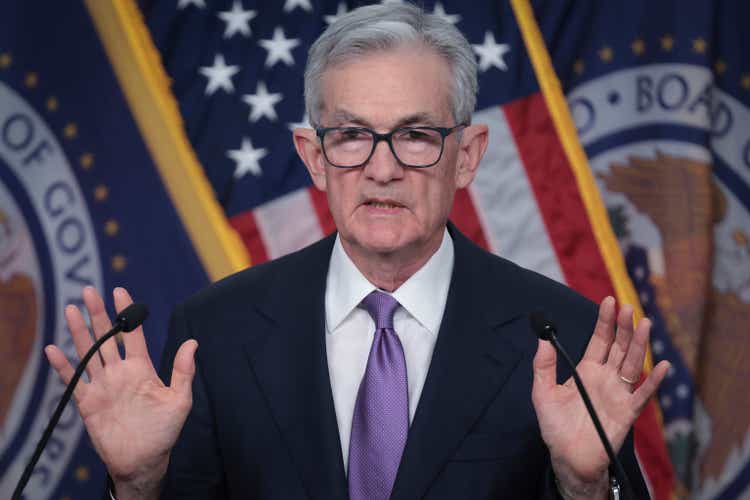
Win McNamee
With the U.S. economy strong, the Federal Reserve believes it can afford to be careful about the next step in adjusting interest rates, Chairman Jerome Powell said on an episode of “60 Minutes” that aired Sunday.
“The labor market is strong – unemployment at 3.7% — with With such a strong economy, we believe we can carefully approach the question of when to start reducing interest rates,” he said.
If the Fed cut rates too soon, inflation would stabilize above the Fed’s target of 2%, Powell said. If it moves too late, this could lead to a recession.
“Inflation has come down dramatically over the last six months,” he said, adding that central bankers want to continue to see more evidence of falling inflation before easing policy. This echoes comments made during Wednesday’s press conference, when the Fed kept its key rate at 5.25%-5.50%.
“We are making good progress,” Powell said. “The work is not done and we are very committed to ensuring that price stability is fully restored for the benefit of the public.”
It would have been better if the Fed had tightened monetary policy earlier when inflation rose in 2021, Powell said.
He was clear to point out that easing inflation does not mean the overall price level will fall. “I cannot overstate how important it is to restore price stability, so that inflation is low and predictable and people don’t have to think about it in their daily lives.”
Powell doesn’t expect the collapse of commercial real estate to lead to a banking crisis. some smaller banks could collapse or be forced to merge with other banks, he said. He does not expect the CRE market to trigger a financial crisis similar to the one in 2008.
Although Powell said he expects the Fed to cut rates later this year, a presidential election year, politics does not enter into the Fed’s policy decisions. Rather, the central bank is focused on economic data, he said.
With reporting by Joshua Fineman